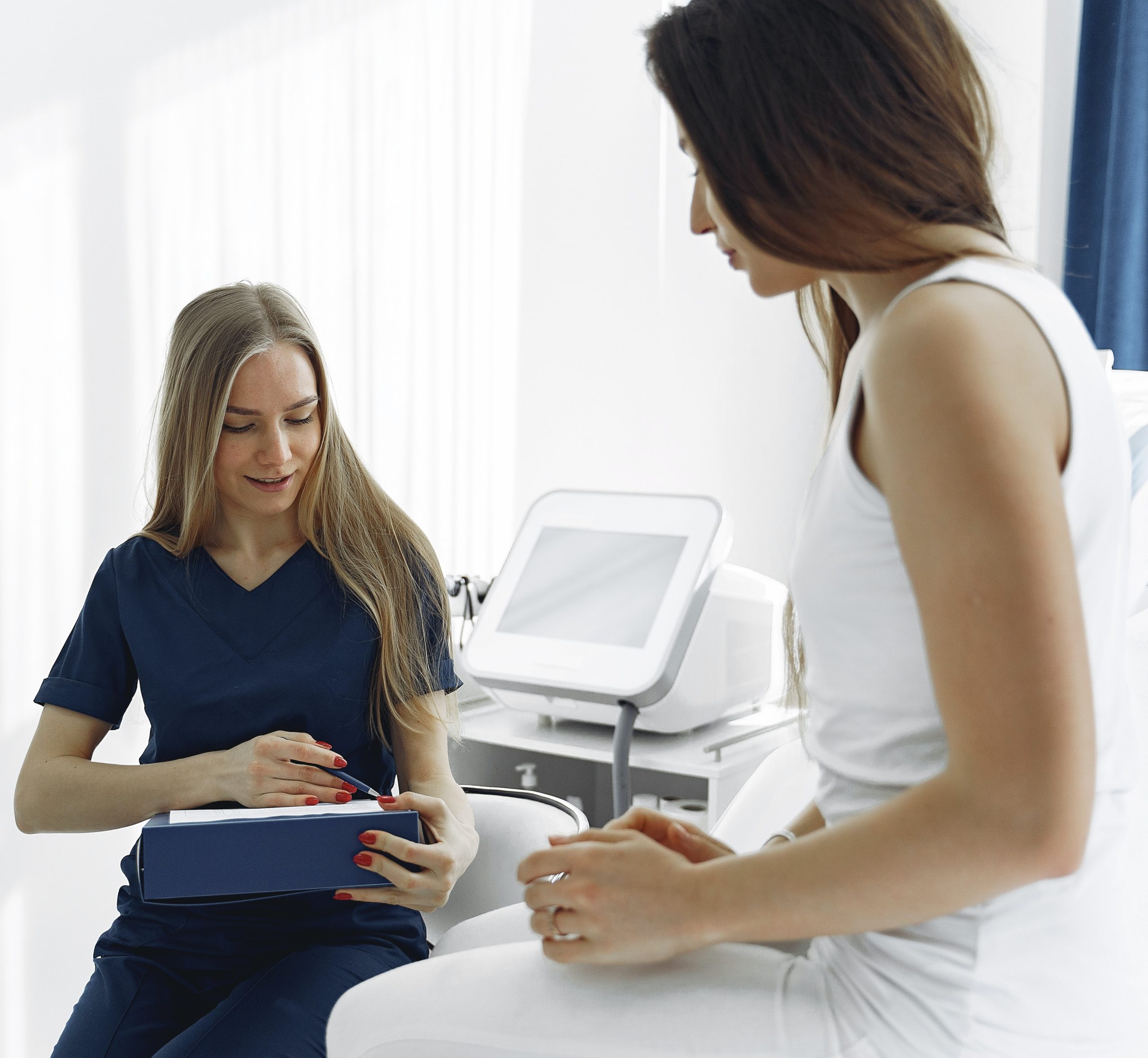Self-collected cervical screening tests prove hugely popular.
Data from the first six months of the expansion of self-collected cervical screening tests at Family Planning Tasmania confirm the popularity of the option. Learn more about cervical screening tests on the Advice & Information section of our website here.
From 1st July 2022, self-collection eligibility in Australia expanded significantly to include most people due for routine cervical screening. Prior to this date, self-collection was restricted to under-screened or never-screened people over the age of 30.
Family Planning Tasmania scrambled to be able to offer and communicate self-collection as an option from 1st July 2022. At this point, the option was still not widely understood in Australia and even pathology providers were not all ready to support the service!
Despite initial challenges, since 1 July 25% of all cervical screening tests provided at Family Planning Tasmania clinics state-wide were self-collected by patients. Self-collection typically involves the patient collecting their vaginal sample in the privacy of our bathrooms, rather than a clinician-collected sample that uses a speculum.
The 25% figure includes all patients not eligible for self-collection (which includes those with symptoms and those on an annual repeat because of previously abnormal results) and those who had to return for a clinician-collected CST because their self-collected test detected HPV, the virus that commonly causes cervical cancer. This suggests the percentage of eligible patients opting for self-collection in the first instance is even higher than 25%.
Self-collection is now an important option that is discussed with all eligible patients at Family Planning Tasmania. There is evidence that self-collection will help increase screening rates among patients who are under-screened or who have never been screened; people who comprise most of the cases of cervical cancer in Australia.
Self-collection can be a less confronting or traumatic experience, particularly for LGBTQIA+ people, those from culturally or linguistically diverse backgrounds, and people who have experienced trauma or assault. As such, it will continue to be an important part of the service at Family Planning Tasmania and will no doubt continue to grow in popularity as it is more widely understood as an option.


